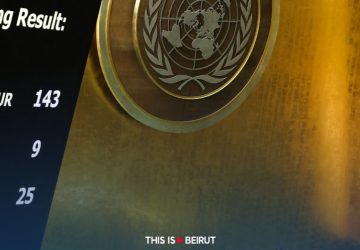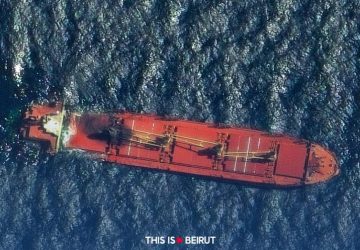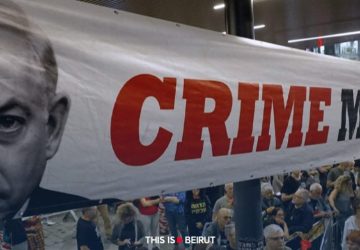Listen to the article
In the heart of Celtic Glasgow beats a spirit of unity and compassion. Beyond the cheers and chants, there’s a deeper connection — a bond with the oppressed Palestinian people. In this shared football journey, the Scottish club shines as a symbol of hope, paving the way to a better future despite the shadows of injustice.
In a political context where Israel’s atrocities are somehow being rationalized and excused, the Scottish team stands in solidarity with the oppressed, despite the majority of Europe supporting the oppressors.
As these fans continue to rally behind Palestine, defying the shared opinions across Europe, observers question the unlikely alliance between Glaswegians and Palestinians, two very different yet united groups.
First, it is important to distinguish the club from its fans. Celtic’s “super fans,” known as the Green Brigade, have shown relentless support for Palestine for many years now. However, Celtic Glasgow — the club — has recently banned these specific fans from attending their games. This problem between the club and its fans is only a glimpse of the rupture between the two entities, with Palestine’s cause being a main factor.
Originally, Celtic Glasgow embraced its Irish identity even though it is located in Scotland. After “The Great Hunger” in Ireland in 1845, many Irish people had to flee the country to escape famine and diseases, with many of them going to Glasgow. As many Irish families were impoverished, Celtic Glasgow was created in 1887 in order to raise money. Today, almost half a million Irish are living in and around the city of Glasgow, as the Irish and Scottish both famously share the same hatred for England.
As both communities came together with the same cause to support the same club, a group of Ultras was formed, the “Green Brigade.” Its main aim was to support causes that resonated with theirs in order to serve as an echo for the football world. Today, the Green Brigade shows up to Celtic’s matches with Irish and Palestinian flags while chanting “You’ll Never Walk Alone.”
The Green Brigade has been marching the streets of Glasgow for many years now to express their solidarity with the Palestinian people. Given the context of Israel’s ongoing genocide in Gaza, their support has shown no signs of stopping, even though there were many obstacles that tried to prevent their courageous rally.
Today, when questioned about the unwavering nature of their support for Palestine, the Green Brigade said that their commitment stems from a desire to amplify awareness and help the Palestinian people. They draw parallels between the Palestinian struggle and their own historical resistance against British colonial rule.
Reflecting on the Great Hunger of 1845, a devastating period marked by starvation, death, and mass displacement of the Irish people, the Green Brigade draws similarities to the current situation in Palestine. In acknowledging these parallels, they insist on the urgency of solidarity and the imperative to address injustices that have shown across time.
Additionally, this affinity has always been reciprocal between Palestinians and Glaswegians. As the Green Brigade keeps displaying banners showing “Victory to the Resistance,” many Palestinians were seen wearing Celtic’s shirts, notably in the refugee camp of Bethlehem.
Nonetheless, it has been recently announced that the club could face disciplinary action over their display of the Palestinian flag in the stadium. At the start of November, Celtic Glasgow reportedly banned the Green Brigade from the stadium, while denying that it was because of their support for Palestine.
After many negotiations, these fans were allowed back in the stadium, displaying the same powerful and simple message: “Free Palestine.” However, it is expected that the Scottish Champions could be fined by FIFA due to the display of “unauthorised flags.”
This topic raises an obvious question: why was the Ukrainian flag authorized in stadiums while the Palestinian one is causing problems? Football, which has always been reportedly disassociated with politics, clearly takes a political standpoint regarding this subject. This topic still represents an ongoing debate, as FIFA and its institutions are being accused, rightfully so, of having double standards.
Celtic, a club born under repression, stands as a beacon of resilience and solidarity. The unwavering support of its fans, the Green Brigade, embodies defiance against injustice. Their enduring struggle resonates not only within the green stands of Celtic Park, but echoes across borders, revealing a timeless message of unity and empathy in the face of oppression.





